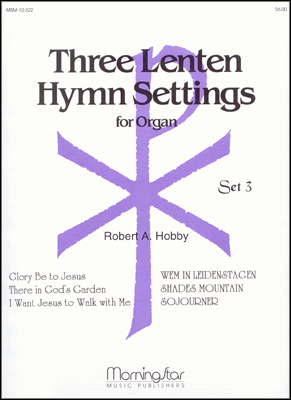A prayer that the LORD's anointed be restored to God's presence and be enthroned there forever.
Scripture References:
st. 1 = v. 1
st. 2 = v. 2
st. 3 = v. 3
st. 4 = v. 4
st. 5 = v. 5
st. 6 = v. 6
st. 7 = vv. 7-8
In this short prayer the psalmist seeks restoration to God's presence. Kept far from the temple by circumstances of which we cannot be certain (though there are hints about being driven away by enemies), the psalmist calls to God to hear him (st. 1) "from the ends of the earth" (v. 2) and pleads to be led back to the LORD’s "rock" (st. 2) of refuge and protection from enemies (st. 3). Longing for the shelter of God's wings (st. 4), the psalmist recalls God's past mercies (st. 5) and prays for the security of the king's life and reign (st. 6-7), vowing to praise God for that protection (st. 7). The prayer that the king "be enthroned in God's presence forever" (v. 7) acknowledges that only under God's protection is the psalmist's life secure.
Later, the Jews appropriately applied this psalm to the Messiah, and surely that is how Christians sing it today. (Some scholars propose that the enemy in view is death and that "from the ends of the earth" is a metaphor for the edge of the grave.)
Henrietta Ten Harmsel (b. Hull, IA, 1921) versified this psalm in 1985 for the Psalter Hymnal. Ten Harmsel attended Calvin College, Grand Rapids, Michigan, and the University of Michigan in Ann Arbor. From 1949 to 1957 she taught English at Western Christian High School in Hull, Iowa, and from 1960 until retirement in 1985 was a member of the English department at Calvin College.
Many factors contributed to Ten Harmsel's interest in the psalms. As a child she learned Dutch from her parents, and they instilled in her a love for the Dutch Psalter. Later J. W. Schulte Nordholt, poet, hymnologist, and professor of American history at the University of Leiden, became a great promoter of her interest in Dutch language and literature and her translation work. Ten Harmsel's translations from Dutch include Jacobus Revius: Dutch Metaphysical Poet (1968) and two collections of children's poems: Pink Lemonade (1981) and Good Friday (1984). In 1984 Ten Harmsel was awarded the Martinus Nijhoff translation award.
Liturgical Use:
Whenever the church reflects on past or present threats to Christ and his church and kingdom. Warren suggested using Psalm 61 as a solo before a time of quiet worship or prayer.
--Psalter Hymnal Handbook


 My Starred Hymns
My Starred Hymns




